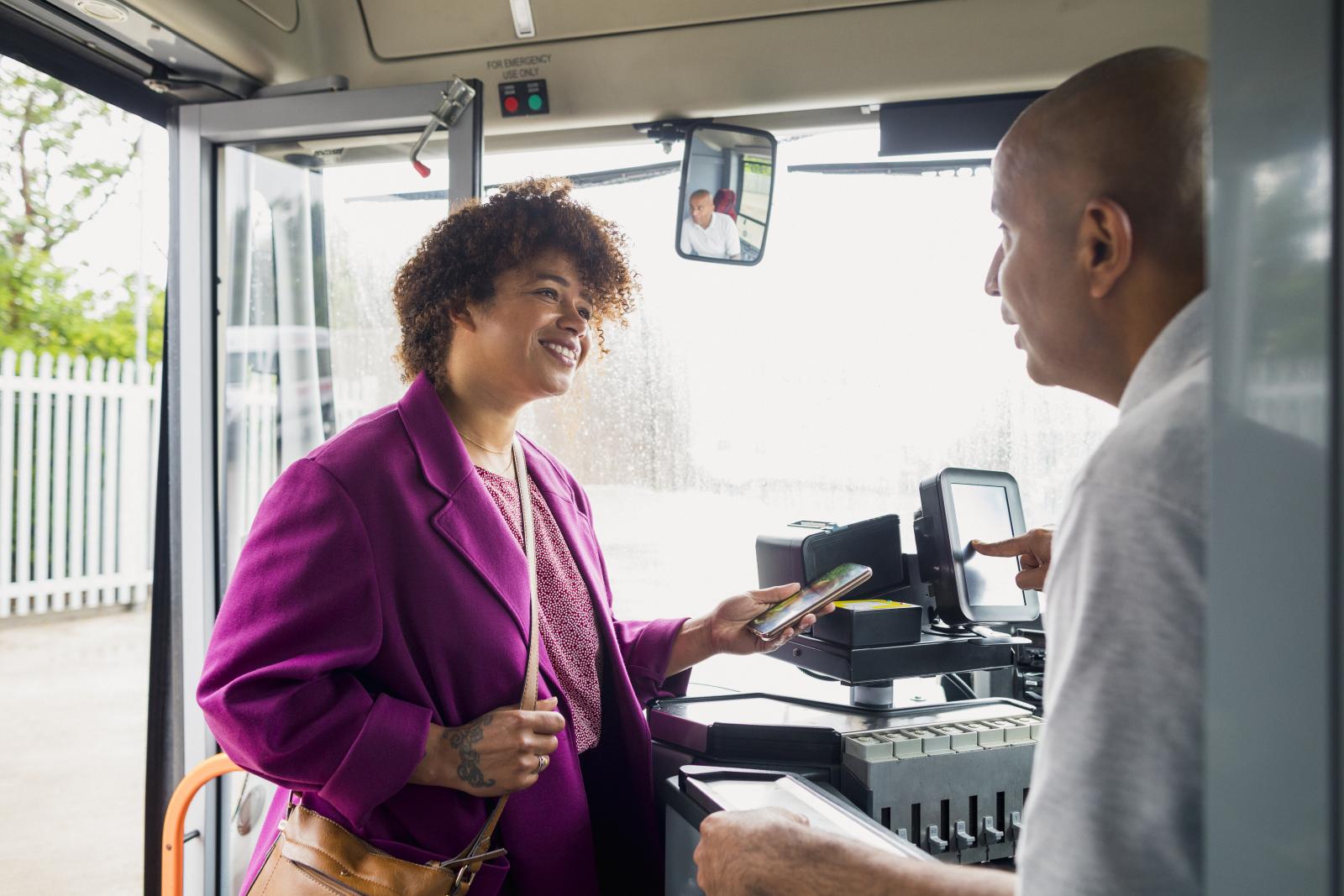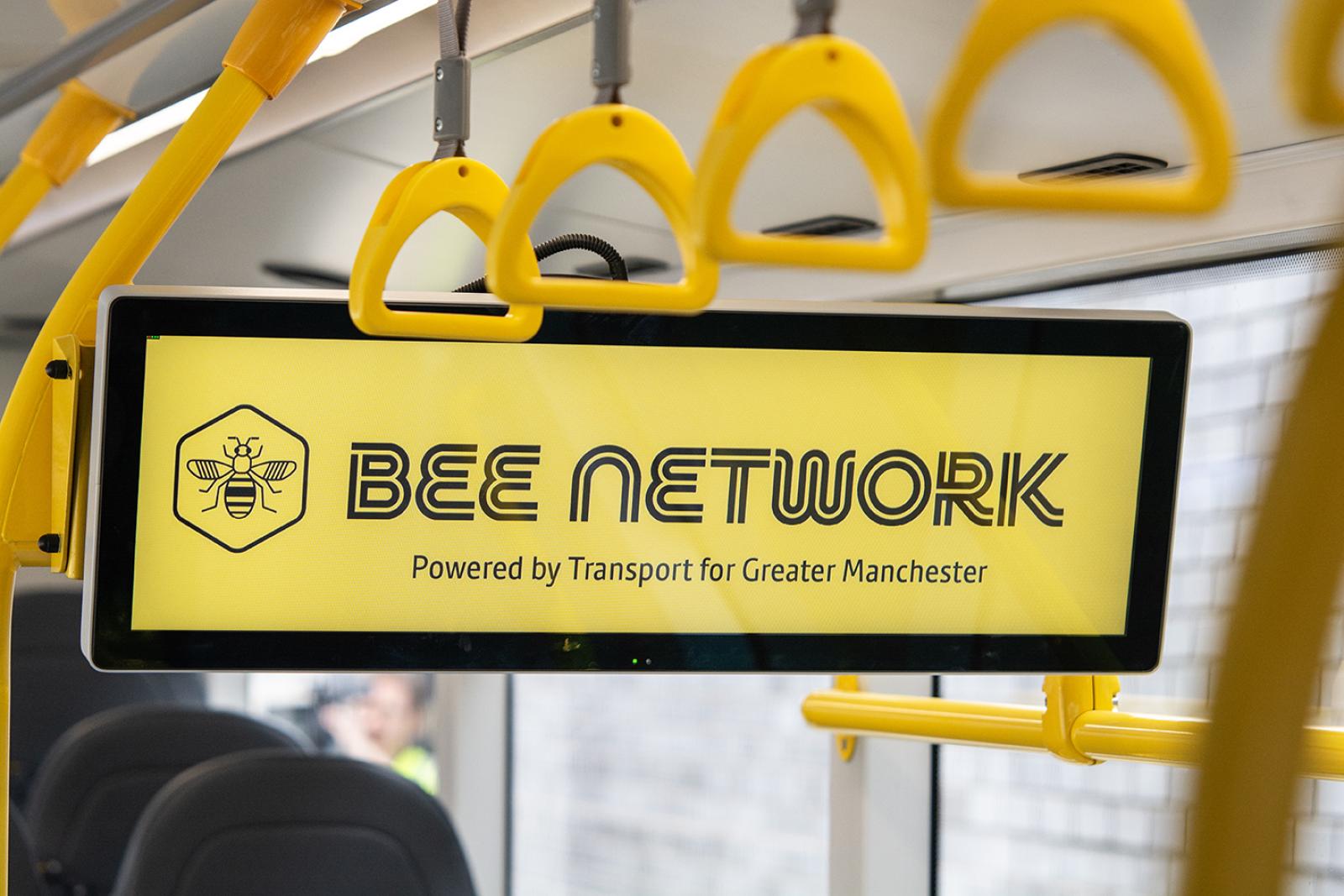A Smoother Ride
Reviewing the Bus Services Act 2017 to empower local areas
A Smoother Ride - Reviewing the Bus Services Act 2017 to empower local areas
Buses are the lifeblood of the UK’s public transport network. They are the nation’s most used form of public transport, delivering multiple economic, social, health and environmental benefits. However, despite their popularity and utility, bus services have been trapped in a spiral of decline, exacerbated by the COVID pandemic. Patronage, mileage and service levels are failing. Shrinking networks increasingly require public support to maintain as commercial operators focus on the most profitable routes. Constrained local authority budgets make the task of patching and mending gaps in the network more challenging than ever.
Six years on from the publication of the Bus Services Act 2017, and considering the vision and ambitions presented in the National Bus Strategy, this report sets out to review the provisions of the Act.

It contains a series of recommendations for legislative change as well as quick wins around updating guidance and tools that could support better bus services in cities, towns and communities across the country.
Enhanced Partnerships
The report examines Enhanced Partnerships in action and how they can be improved.
It makes the following recommendations:
To support de-risking of the EP process, review the objection thresholds so that they are not used to unreasonably stop authorities and groups of operators progressing EPs.
Objection thresholds should be set at levels which allow for valid objection, but do not allow for small groups of operators (particularly larger operators) to block an otherwise effective EP.
Urgently review the performance and delivery of EPs against their objectives to assess whether they are delivering the scale of improvements as set out in the National Bus Strategy.
Lessons must be learnt rapidly to inform the budget and strategy required to transform bus services. Given the urgency of the task to transform the country’s bus services, a ‘wait and see’ approach is not sufficient.
Franchising
The report looks at franchising in practice - in particular, Greater Manchester's experience of implementing the legislation - and how it could be improved.
It makes the following recommendations:
Review the Bus Services Act 2017, and its associated guidance on franchising, taking account of lessons learnt from Greater Manchester with a view to reducing the time and costs involved.
The Bus Services Act and guidance, aside from two minor updates, is now over six years old.
A great deal could be learned from the Greater Manchester experience in looking for ways to make the franchising process quicker and more affordable. This should be reflected in the provision of up-to-date guidance, models and templates (e.g. model contracts) to help simplify, streamline and minimise risks and delays.
Make the assessment process for a proposed franchising scheme quicker, by making it less onerous.
The Bus Services Act 2017 guidance11 effectively requires an authority to carry out an enhanced five case business case model (analysing the strategic, economic, financial, commercial and management case) arguably going beyond what would be required for a typical capital scheme. The process includes developing all five cases for options other than the preferred option.
Any process must, of course, carefully weigh-up the merits of what is a significant policy decision. It must also properly consider the impacts on incumbent operators to avoid risks of challenge either at legislation or assessment stage.
However, further simplification, templates and frameworks to support assessment would help, including a more proportionate approach depending on the scale of the proposals.
Ensure LTAs have the information they need from operators (at the right level of detail) when they need it, backed by an enforcement regime.
Whilst the information provisions in section 143A of the Transport Act 2000 allow for provision of relevant information about local bus services from operators, in Greater Manchester’s case, this took time to obtain.
Data was requested from operators at the start of the assessment process (June 2017) but was not forthcoming. An appeal to the Traffic Commissioner was required and a ruling was not received until over a year later.
More recent experience post-COVID suggests that operators are now becoming more accustomed to sharing data with LTAs and government, however, greater clarity as to expectations (e.g. level of detail, format, timescales) and enforcement rights within the legislation could provide helpful reassurances.
Allow all areas to have the same automatic rights as MCAs to access the franchising process.
Doing so would open-up franchising to all cities, towns and rural areas and go some way towards reducing the burdens on non-MCAs wishing to pursue franchising.
Under section 123A(4) of the Transport Act 2000, only MCAs are automatically franchising authorities. Other categories of LTAs can only be franchising authorities if the SoS agrees and makes the necessary regulations.
In theory the SoS could take a different position and pass regulations to automatically make one or more further categories of LTAs franchising authorities (albeit including any additional protective steps, if thought necessary.).
Secondary legislation could simply allow other authorities to proceed straight to assessment.

The creation of municipal bus companies
In England, whilst LTAs remain able to purchase an existing bus or coach company, the Bus Services Act 2017 expressly prohibits the creation of new municipal bus companies. Yet areas with municipally owned bus companies enjoy bus journeys (per head of population) well above the English average.
The report recommends:
Restrictions on the establishment of new municipal bus companies by local authorities should be removed.
This would require Section 22 of the Bus Services Act 2017 to be repealed.
This, alongside improvements to the EP and franchising processes as set out above, will provide LTAs with the right set of practical options and resources to reinvigorate local bus markets and ensure they support wider goals for the people and places they serve.
Funding reform and support
The recommendations above require the current myriad of funding streams to be reformed.
The key to these changes should be the bringing together and devolution of disparate funding pots and subsidies, which are currently prone to frequent changes in conditions and timescales. This could unleash the true potential of bus.
The report makes the following recommendation:
Bring together currently siloed and overly restrictive funding pots into one fully devolved funding settlement.
For authorities embarking on franchising, having full control and accountability for a simplified and overarching funding pot would enable them to focus on delivering the desired local outcomes of improved services and the corresponding economic and societal benefits. This would give confidence to elected decision makers locally and centrally, as well as Treasury and the DfT, that every penny spent goes directly towards delivering better services and outcomes.
The Bus Services Act 2017 was, at the time, a pioneering piece of legislation which was designed to give local areas greater control over their bus services.
However, if we really want to fulfil the ambitions of the National Bus Strategy - to truly transform bus services, it’s time to update the legislation, and this report provides recommendations for how to do so.
With the improvements suggested in this paper, the powers contained in the Bus Services Act 2017 can be used by more areas to ensure investment in bus delivers the best possible value for money and is targeted to make maximum impact to the people and places it serves.
Further reading
Report
Back the Bus to Level Up
Report
The cross-sector benefits of backing the bus
This report highlights how investing in bus services is key to achieving a wide range of policy objectives across Government.
The report also finds that the way in which bus services are funded is mired in complexity, with no oversight within Whitehall of how the various funding streams from different Government departments impact on bus services overall.

